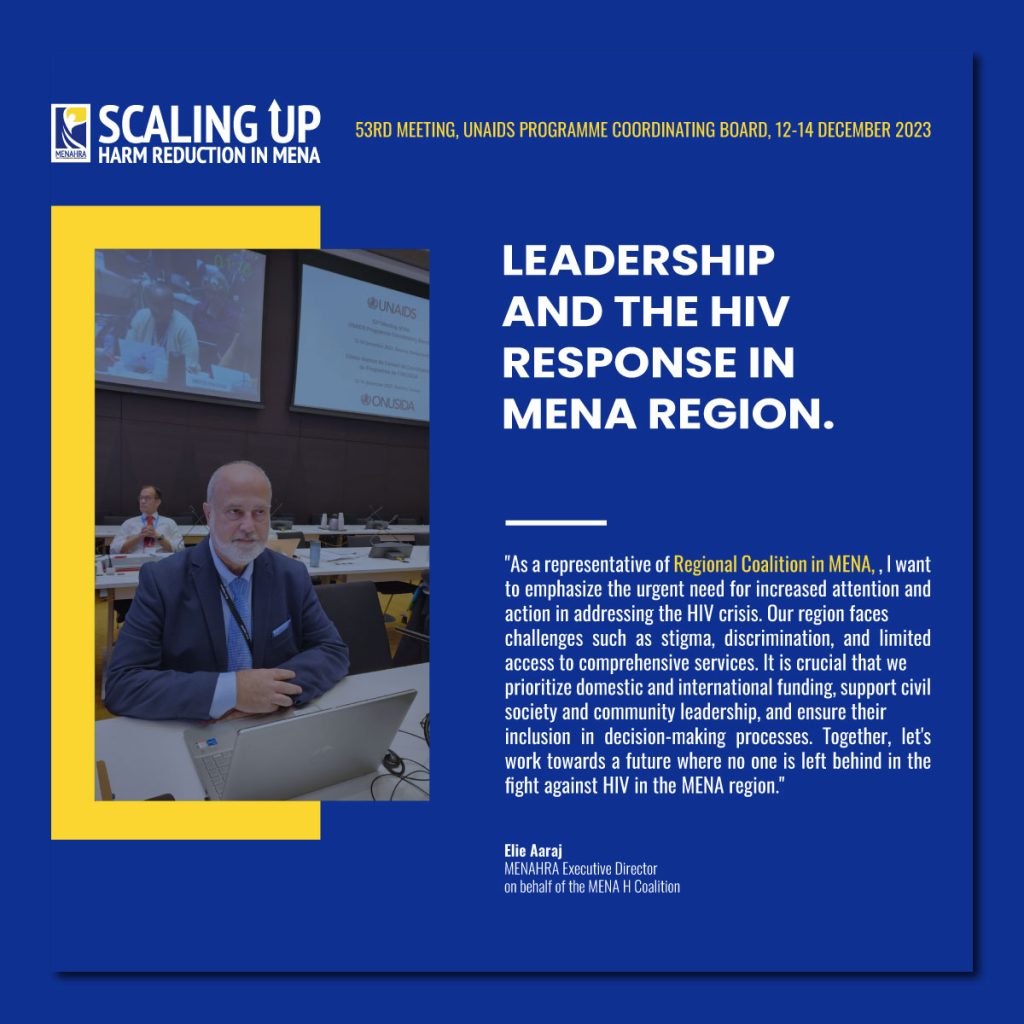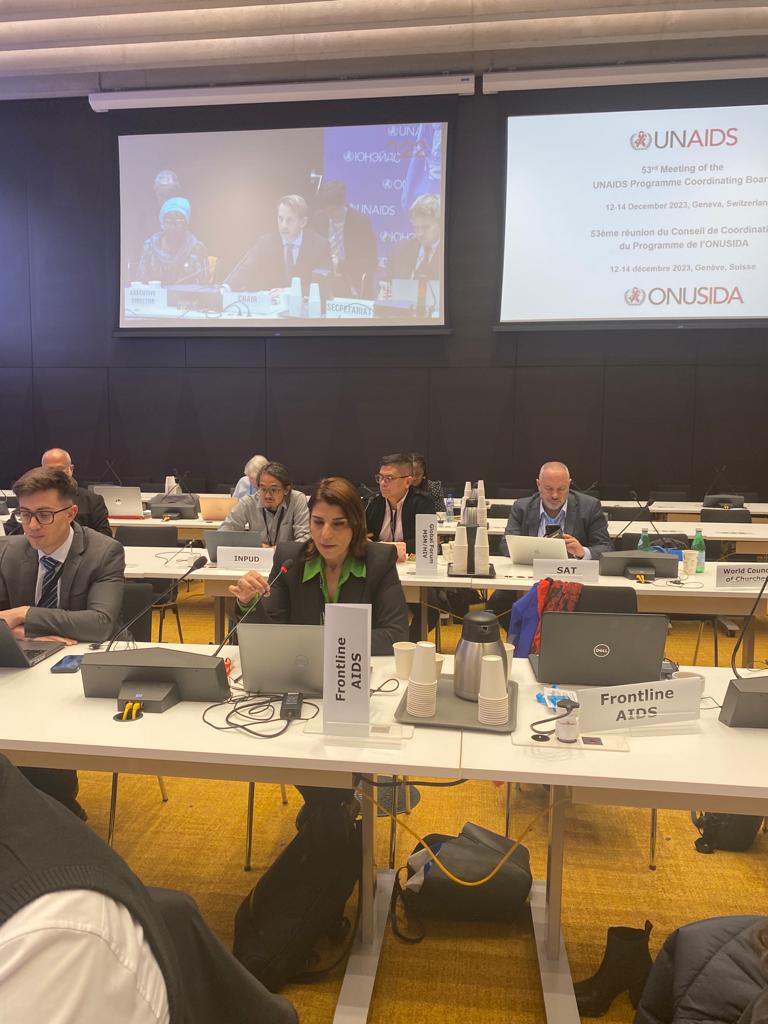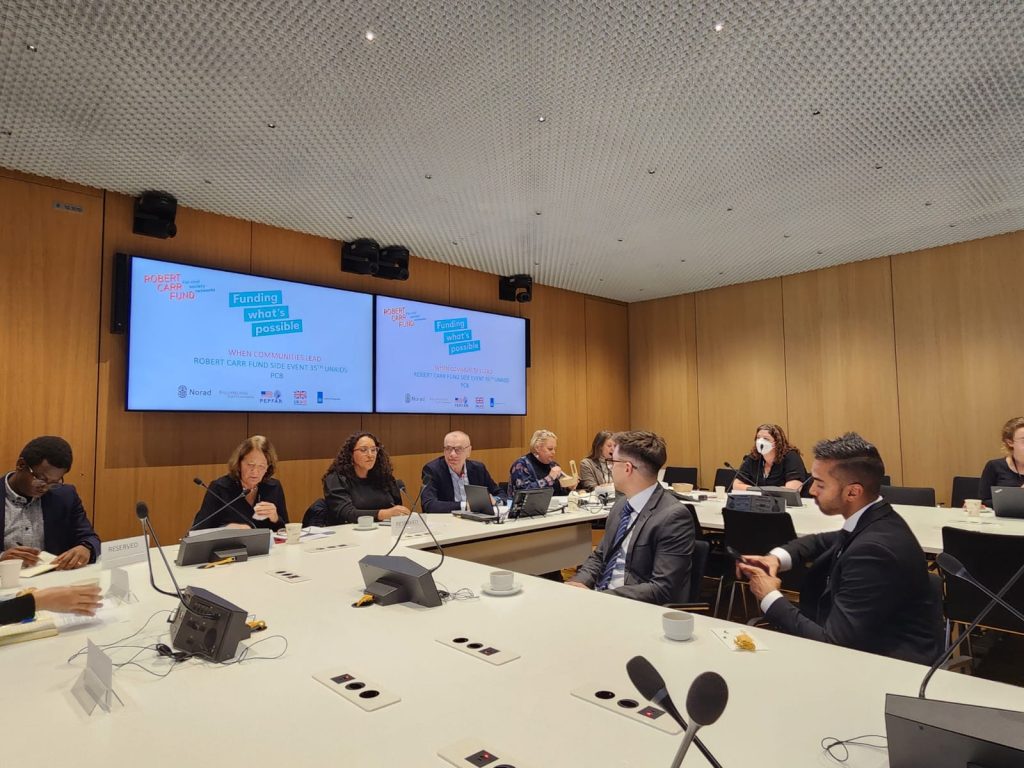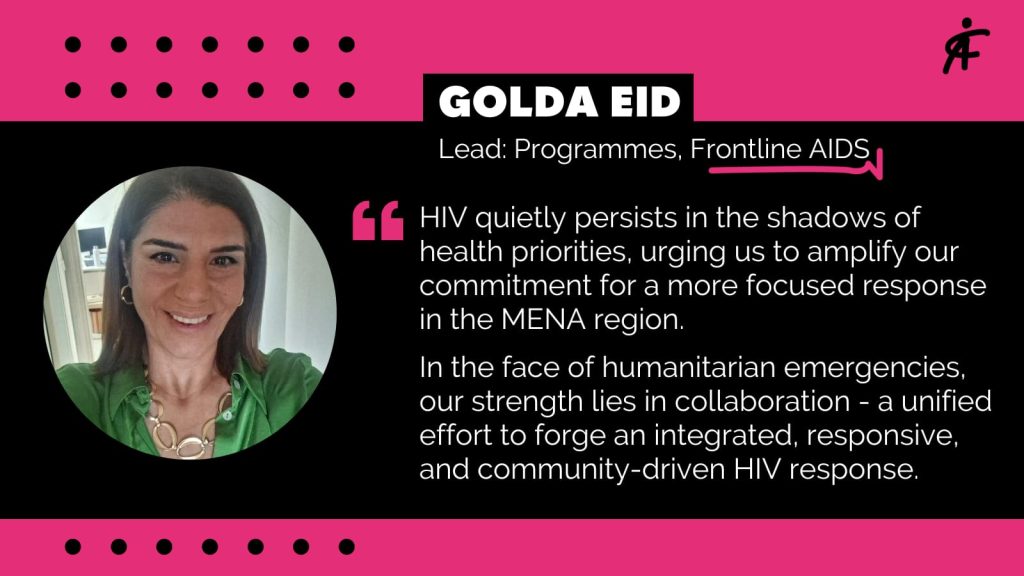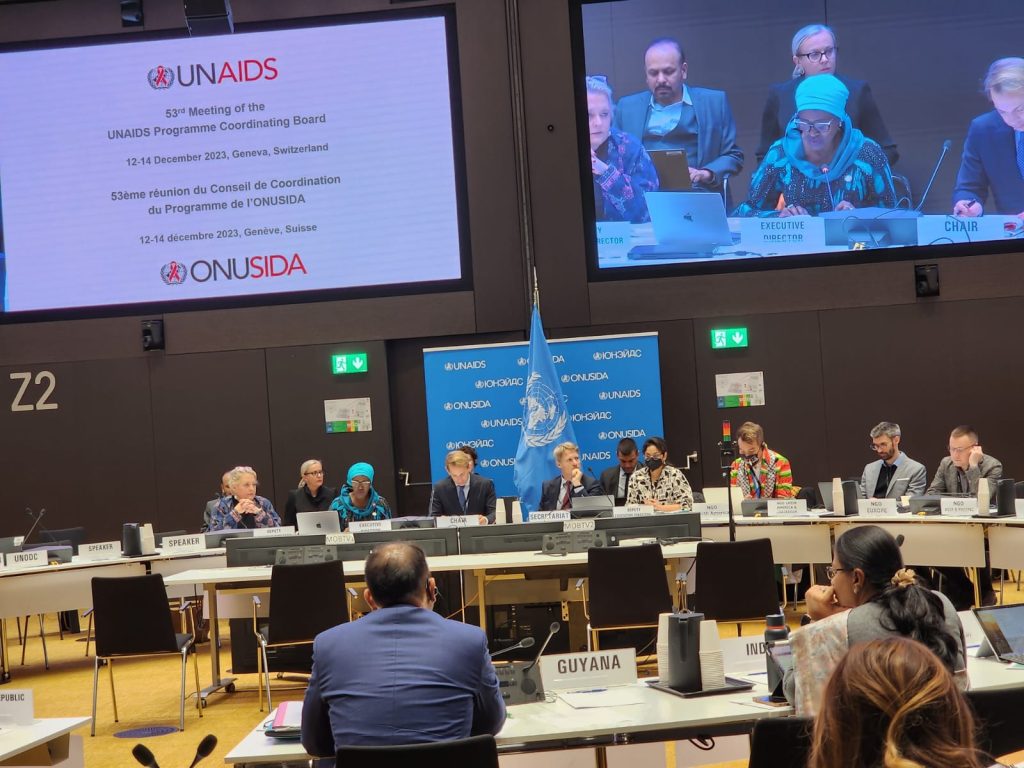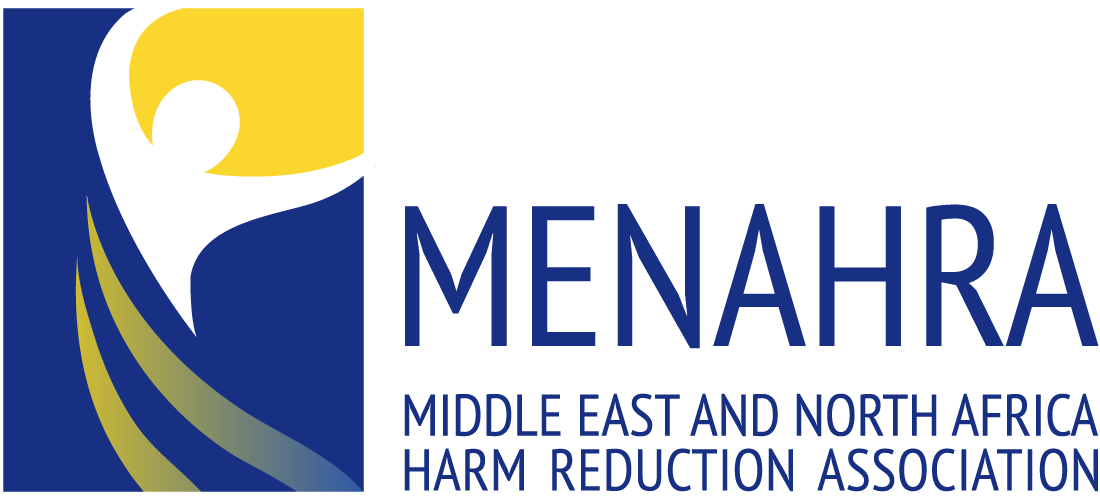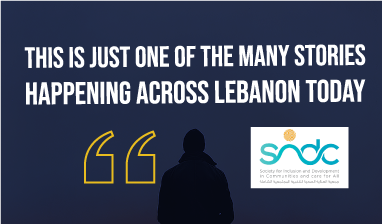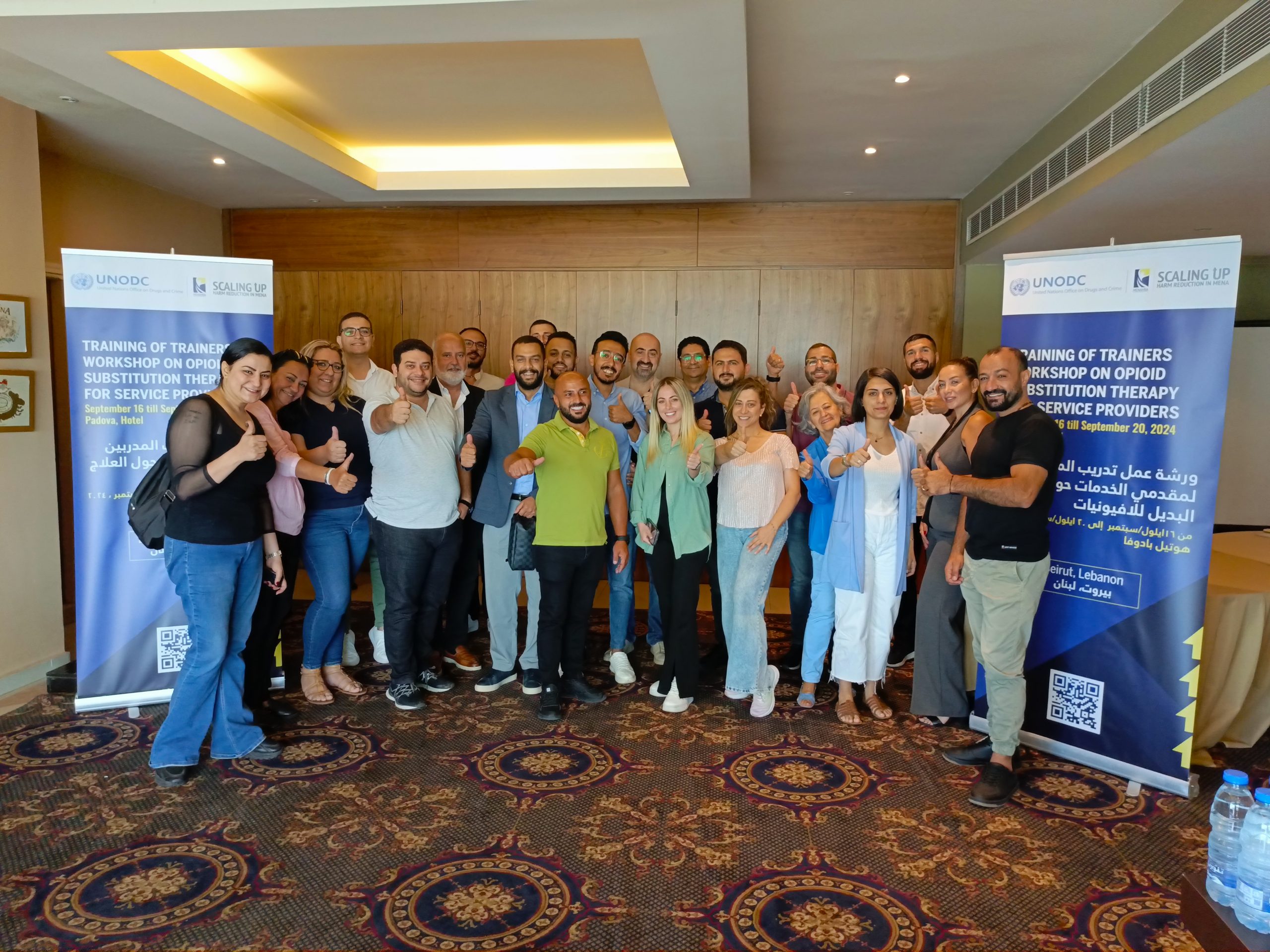The 53rd UNAIDS Programme Coordinating Board meeting, held from December 12th to 14th, 2023, brought together global leaders, policymakers, and civil society representatives. They discussed and strategized efforts to fight HIV/AIDS and reviewed progress towards ending the epidemic by 2030. The meeting included a comprehensive review of achievements, challenges, and lessons learned in expanding access to treatment and care, especially during the COVID-19 pandemic.
Addressing Critical Challenges:
Recognizing the persistent challenges in the fight against HIV/AIDS, the board engaged in robust discussions to identify priority areas requiring intensified efforts. Key topics included reducing new infections, addressing inequalities in access to healthcare, and combating stigma and discrimination. Participants underscored the importance of tailoring prevention and treatment approaches to specific populations, such as adolescents, key populations, and vulnerable communities.
During the meeting, Mr. Elie Aaraj, Executive Director of MENAHRA and representative of the MENA H Coalition, delivered a crucial message on the HIV response in the MENA region. He emphasized the urgent need for increased attention and action to address the HIV crisis, highlighting challenges such as stigma, discrimination, and limited access to comprehensive services. Mr. Aaraj stressed the importance of prioritizing domestic and international funding, supporting civil society and community leadership, and ensuring their inclusion in decision-making processes. He called for collective efforts to ensure that no one is left behind in the fight against HIV in the MENA region.
Ms. Gold Eid, Lead: Programmes PMU at Frontline AIDS, addressed the 53rd UNAIDS Meeting, emphasizing the urgent humanitarian crisis in the Middle East and North Africa. She called for a unified approach in tackling HIV in humanitarian contexts, highlighting the need for collaborative action, integration of HIV into humanitarian plans, continuity of HIV services, and meaningful engagement of affected communities. Ms. Eid proposed actions such as strengthening health systems, increased funding, inclusive policies, and enhanced data collection. She urged the PCB’s commitment to safeguarding communities affected by HIV during crises.
The meeting highlighted the critical role of partnerships in advancing the HIV/AIDS response. Representatives from governments, civil society organizations, and multilateral agencies shared experiences and strategies for collaborative action. Emphasis was placed on strengthening partnerships between UNAIDS and regional entities, national governments, and non-governmental organizations to leverage resources, expertise, and best practices.
The 53rd meeting recognized the transformative potential of innovation and technology in shaping the HIV/AIDS response. Participants explored the role of digital health interventions, telemedicine, and data-driven approaches in improving access, efficiency, and quality of HIV services. Discussions also centered around leveraging emerging technologies to enhance surveillance, early detection, and tracking of HIV infections.
The board deliberated on the critical issue of financing the HIV/AIDS response. Participants recognized the need for sustained and increased investments to achieve the ambitious targets set for 2030. They emphasized the importance of domestic resource mobilization, innovative financing mechanisms, and continued support from international donors. The meeting called for renewed political commitment and increased investments to ensure the availability of adequate resources for prevention, treatment, an
The 53rd meeting of the UNAIDS Programme Coordinating Board served as a platform for global leaders and stakeholders to assess progress, address challenges, and chart the way forward in the response to HIV/AIDS. The discussions reaffirmed the commitment to ending the AIDS epidemic by 2030, recognizing the need for intensified efforts, innovative approaches, and strengthened partnerships. As the global community continues to grapple with the complex challenges posed by HIV/AIDS, the meeting provided an opportunity to renew commitments and mobilize resources toward a future free from the burden of this devastating disease.
For more information about the meeting follow the link: https://www.unaids.org/en/whoweare/pcb/53
